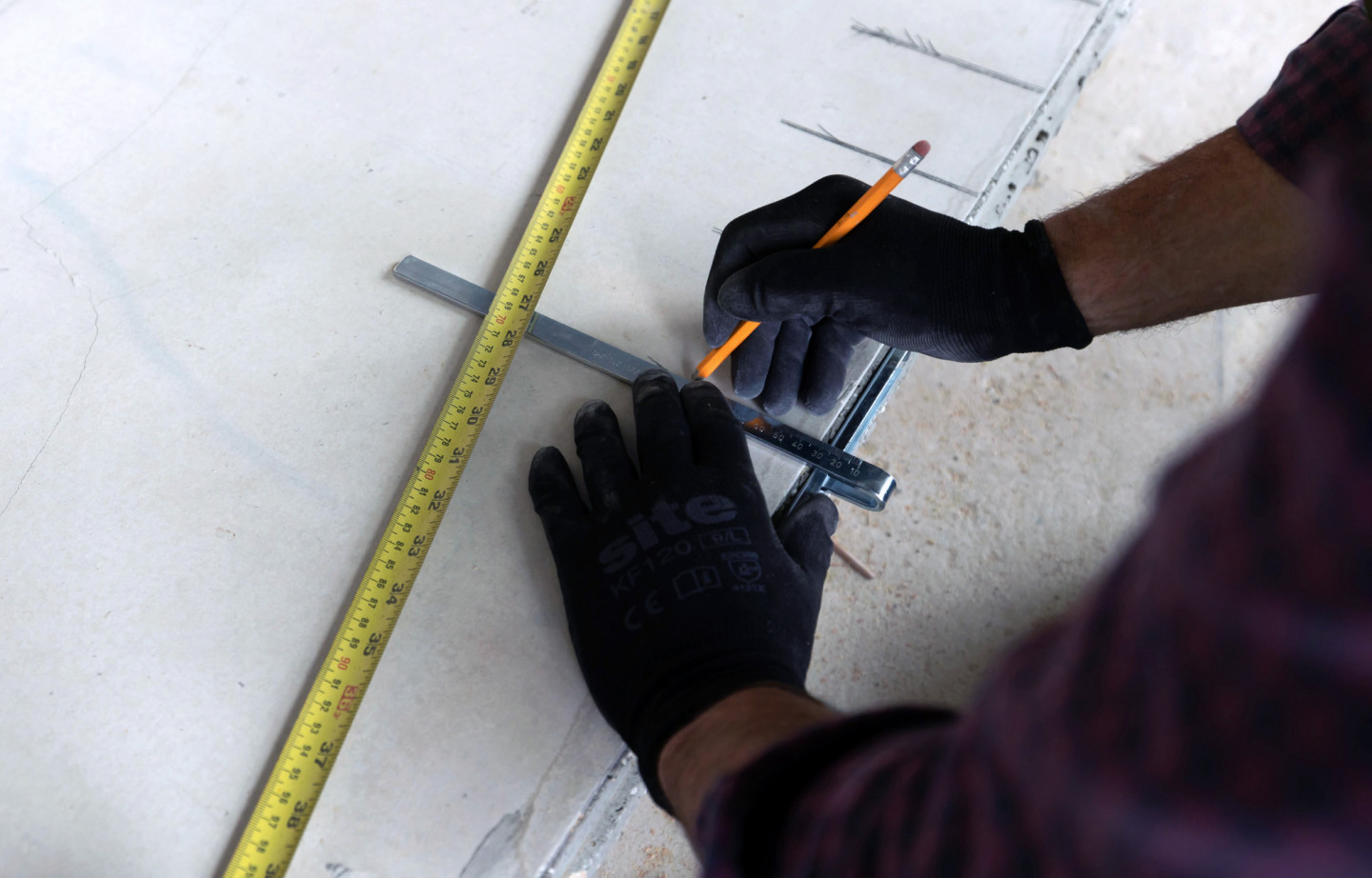By its very nature, construction is big consumer of natural resources. As concerns about climate change continue to grow and take centre stage, it is vital that the industry moves towards a more environmentally-friendly model and embraces sustainable building materials.
This means using materials which are renewable and recyclable when building new structures or retrofitting existing buildings in order to cut out as much waste as possible. In this way, the industry can reduce its impact on the environment and increase the lifespan of its buildings.
This will require big changes up and down the supply chain, but it is worthwhile. Here are five reasons why you should use sustainable building materials into your project…
1 – Minimise waste
The construction sector is the largest user of materials in the UK and 63% of all waste produced in the country can be attributed to the industry, according to a report from the Construction Leadership Council (PDF). Even following the reclamation of waste wherever possible, tens of millions of tonnes are still sent to landfill every year.
Much of this waste is avoidable, and there are opportunities to do better at almost every stage of the building process. One of the main ways that the industry can improve is by switching to sustainable building materials which can be fully recycled and reused.
For example, a standard Specwall panel is an all-in-one product which is built off-site and creates an extremely low 3% of wastage – all of which can be recycled. Any off-cuts created during the build process can be reused on site, and whole panels can be reconfigured following construction if alterations are required.
2 – Future-proofing
By definition, using sustainable building materials means that you are designing a building that will last in the long-term and still be fit for purpose. If you want a building to stand up to years of use and still be fit for purpose, it must be flexible, secure and able to stand up to other dangers like fire. Sustainable materials including timber, solid panels and more all fulfil these criteria.
Likewise, using sustainable building materials will future-proof your buildings by ensuring that they will be fit for future environmental legislation. Make no mistake, the laws and regulations we have in place today will be made tighter over the coming decades as there will be no alternative. By thinking ahead today, your building will pass with flying colours in the future.
3 – Conserving energy
Reducing energy consumption at every stage of the development process is a vital part of any sustainability strategy in the construction industry – and using sustainable building materials is the best way to do this.
Whether it is reducing the impact of resource extraction, reducing the amount of traffic to site, cutting emissions from heating and cooling or anything else, sustainable materials can make all the difference. By cutting the embodied emissions in your development, you can make a major contribution to the fight against climate change.
Specwall panels are a great example of how using sustainable materials can help you conserve energy. Each panel is constructed off-site in a factory which saves time and cuts down on mistakes which would require replacements. The panels also have inherent insulation values which will save energy once the build is complete and reduce the carbon footprint of the building. The Specwall system can be designed to meet any u-value requirement – offering a flexibility which is a hallmark of sustainable building materials.
4 – Save money
All of the above points combine here – by using sustainable building materials you will save money. By minimising waste, building things that last and cutting your energy consumption, you will naturally save money during the construction process.
As the market becomes more competitive and building materials are costing more than ever, margins are tight and many buildings will need to find cost-saving measures in order to complete. Using sustainable building materials is the easiest way to do this.
For example, time and motion studies show that using Specwall in your development can reduce labour time by up to 55% compared to plasterboard and blockwork systems. Likewise, the inherent fire, acoustic and insulation values mean that additional layers are not required, and its minimal waste production means that you will be saving costs when it comes to disposal. Going green costs less when using products like Specwall.
5 – More appealing buildings
Finally, sustainable buildings are more attractive to end users. The World Green Building Council shows that sustainable buildings have positive social impacts, increasing peoples’ happiness and wellbeing significantly.
Put simply, the market will decide that sustainable buildings will be worth more, and therefore will command a premium. Consequently, if your building is not built with sustainability in mind, it will be less appealing and fall behind its competitors.
For more information about how Specwall can make your building more sustainable, contact our team today.
